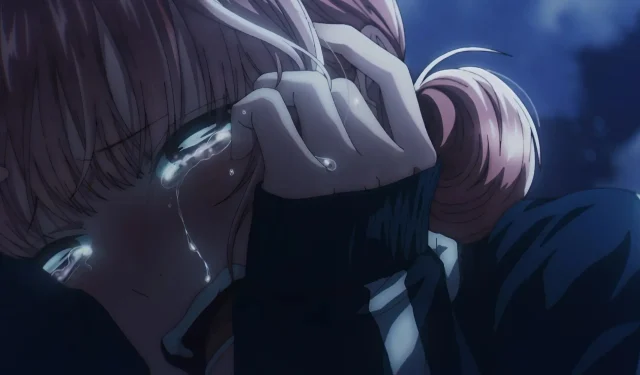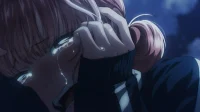Episode Summary
- Taiki’s rejection of Hina in *Blue Box* is remarkably stark and emotionally powerful.
- This pivotal moment enhances the anticipation for the series’ exploration of Taiki and Chinatsu’s evolving relationship.
- After the rejection, Hina finds unexpected solace in her friendship with Ayame, providing emotional balance for the audience.
Warning: The following content contains spoilers for *Blue Box*, Episode 25, “Even So,”now streaming on Netflix.
The first season of *Blue Box* wrapped up with a poignant finale that stands out in the realm of romance anime, a medium not typically known for such emotional depth. While the conclusion showcases Taiki and Chinatsu embarking on their second date, a significant segment of the fanbase found the truly heart-wrenching moment to be Taiki’s official rejection of Hina. This scene has quickly garnered comparisons to some of the most gut-wrenching moments in anime history, reminiscent of Subaru’s rejection of Rem in *Re:Zero*.
In a classic twist, Hina Chono, who has been Taiki Inomata’s childhood friend, reveals her feelings early in the storyline. Instead of conforming to the typical anime plot device of delayed confessions, Hina makes her emotions known promptly, fully aware that Taiki’s heart belongs to another: Chinatsu Kano. Demonstrating an admirable level of maturity, she allows Taiki the time to sort through his feelings, only for him to ultimately provide closure after several episodes filled with tension and anticipation.
Analyzing the Impact of Taiki and Hina’s Rejection Scene
The Refreshing Directness of Rejection in Anime
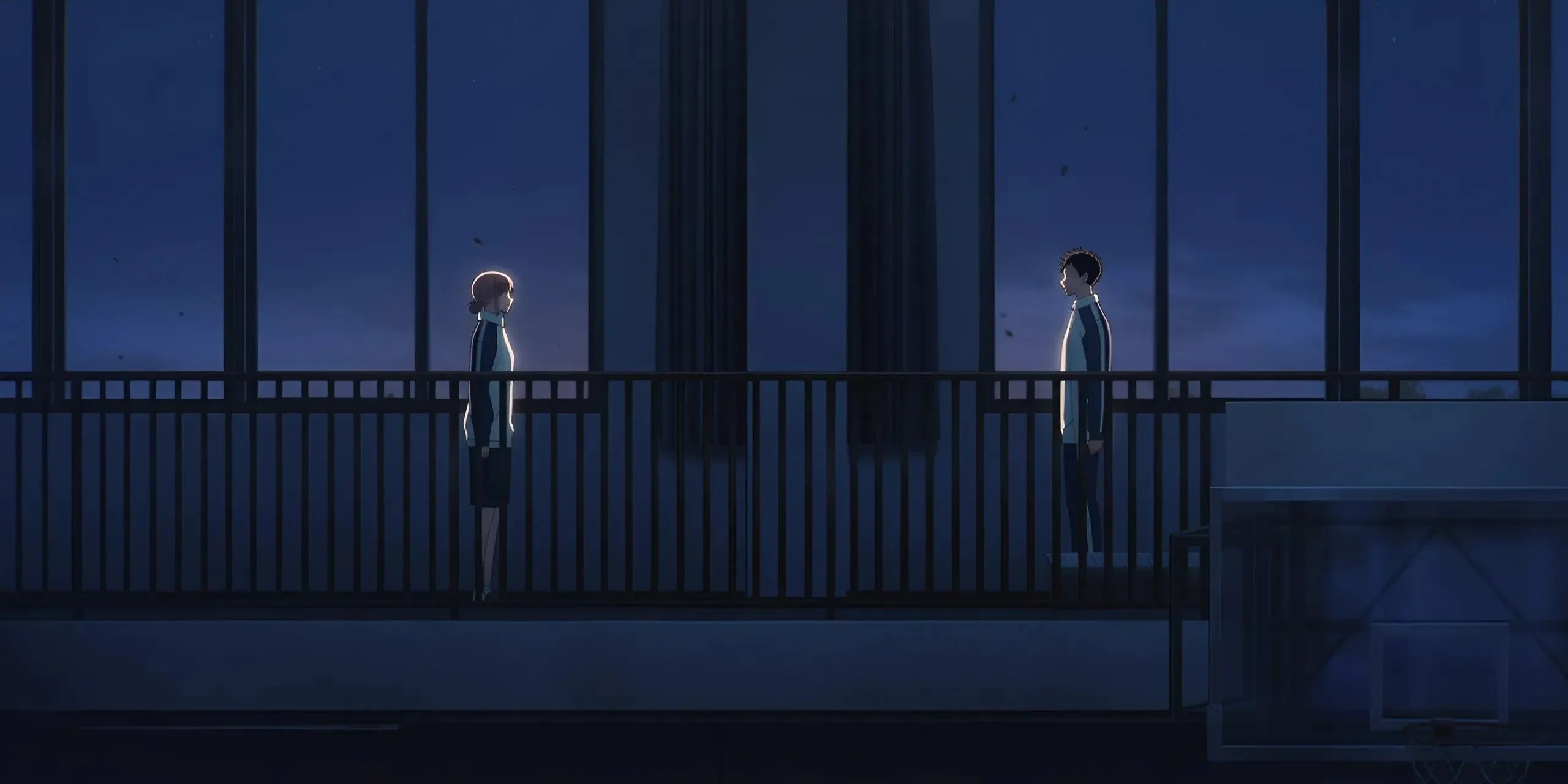
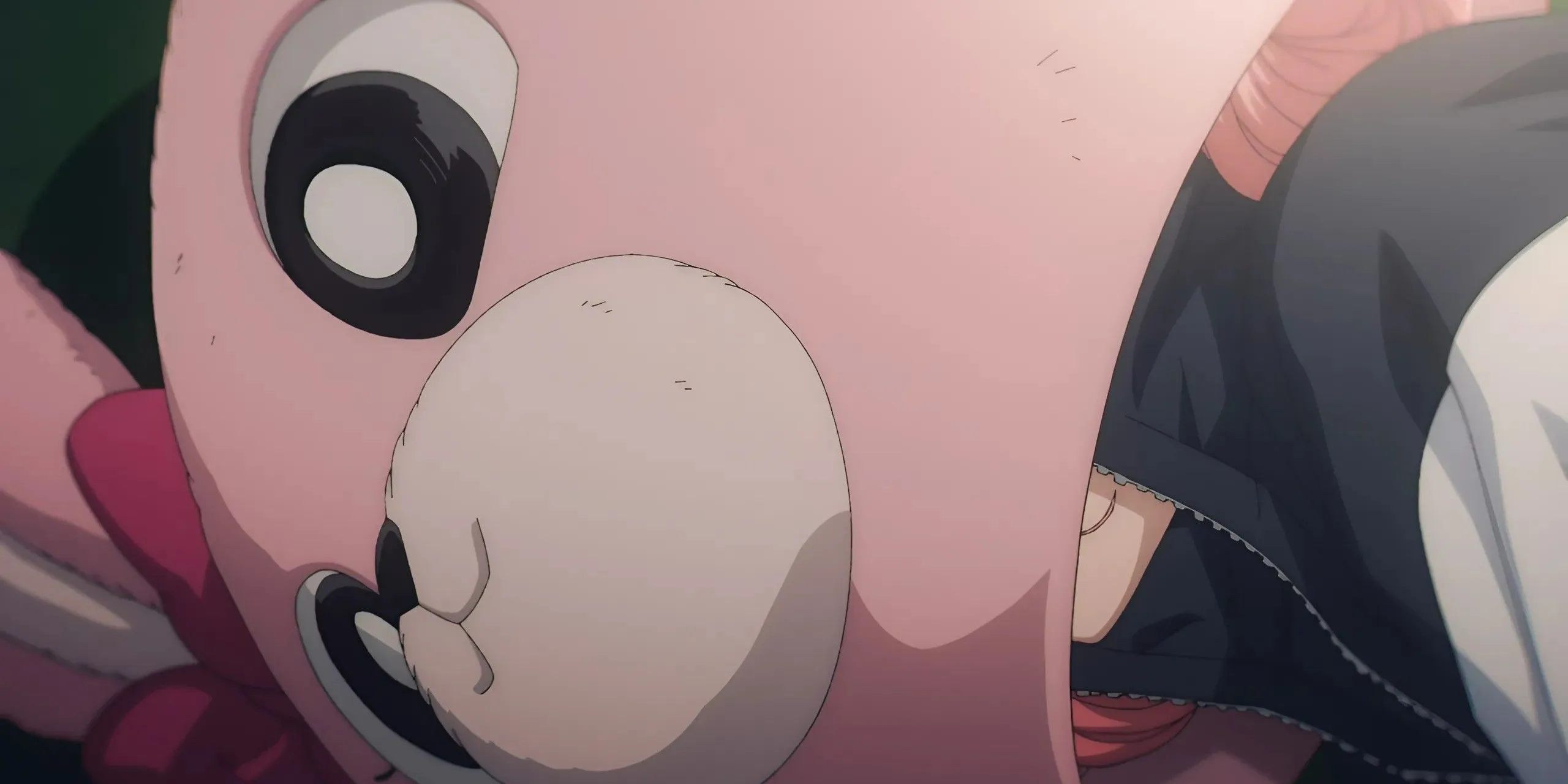
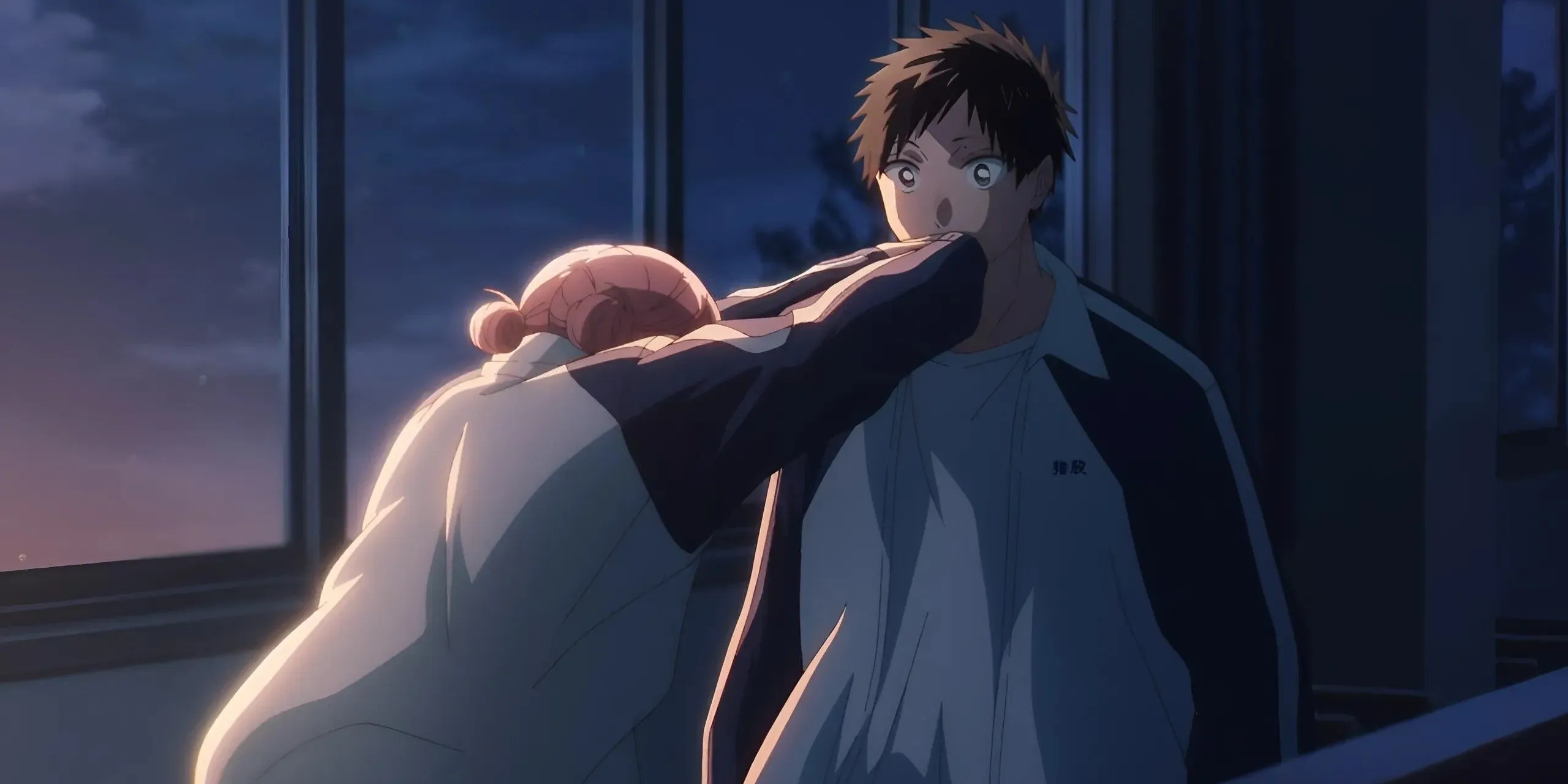
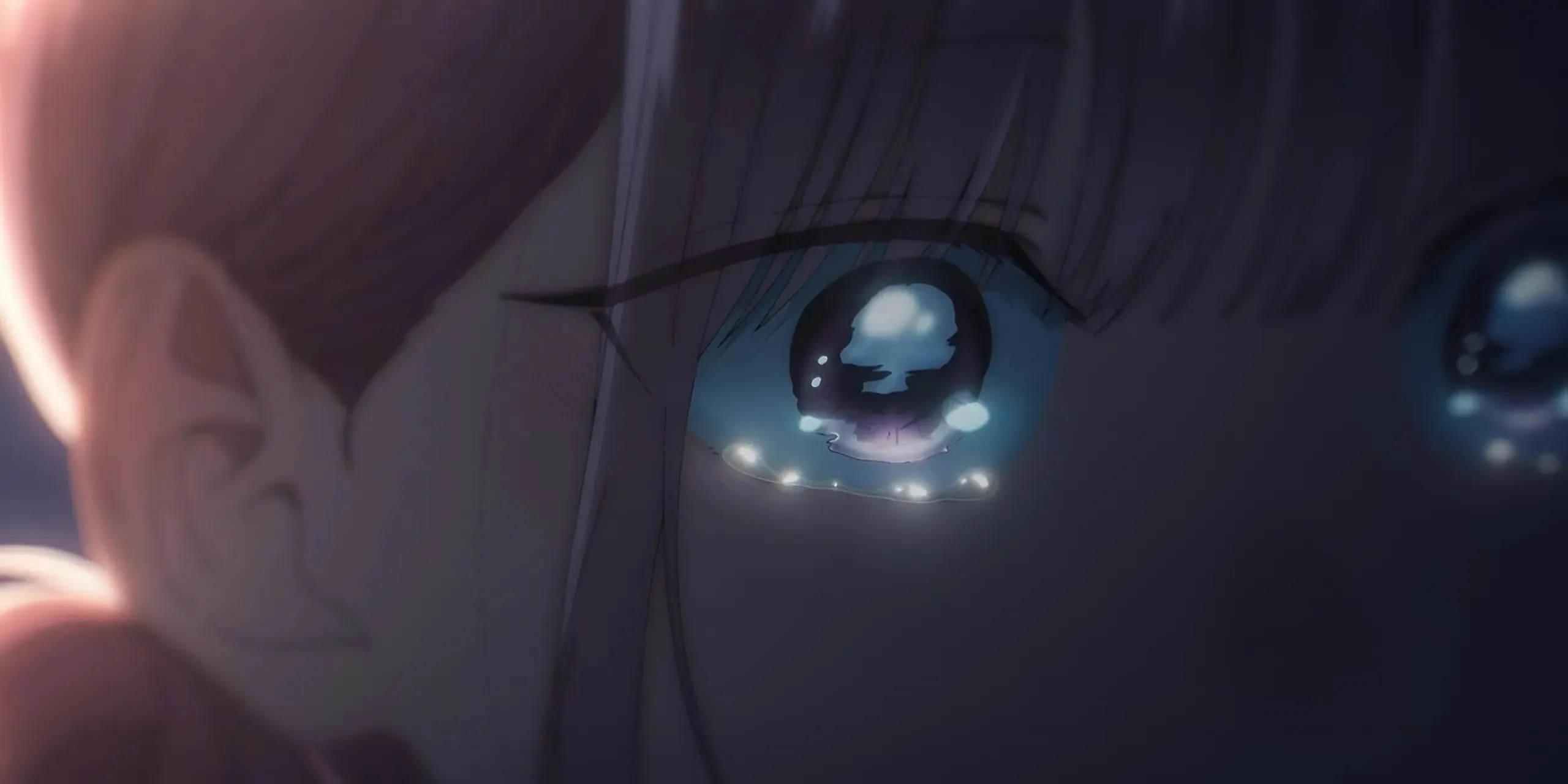
In episode 24, titled “A Roller Coaster,”Taiki delivers an unambiguous rejection to Hina during a moment meant for intimacy; an emotional bonfire scene orchestrated by their mutual friend Ayame Moriya. Despite the heavy atmosphere, the execution of this scene is a remarkable departure from typical anime tropes, where prolonged indecision often frustrates viewers. Instead, viewers are treated to a decisive conclusion that is refreshing and impactful.
While heartbreak permeates the scene, the inclusion of poignant background music (specifically “Shade of Love”by Takashi Ohmama) and visually stunning animation amplify the emotional weight of Taiki’s words, making this rejection a standout moment in the anime canon.
“Even though I like her (Chinatsu), I feel ashamed for still being drawn to you. I think my indecisiveness is only hurting you, Hina. So let me draw the line here.” – Taiki to Hina
This definitive outcome opens up intriguing narrative possibilities for *Blue Box*’s future. With Taiki firmly rejecting the idea of a relationship with Hina, the forthcoming season raises questions about whether it will solely focus on Taiki and Chinatsu’s romantic development. Such a straightforward closure in a series known for its complexity guarantees that viewers are left eager for more. There is anticipation surrounding the newly announced second season of *Blue Box*, though the release date is yet to be confirmed by the official Blue Box X Twitter account.
The Bond Between Ayame and Hina
Contrasting Experiences: The Girl Who’s Never Loved vs. The Girl Who Loved Too Much
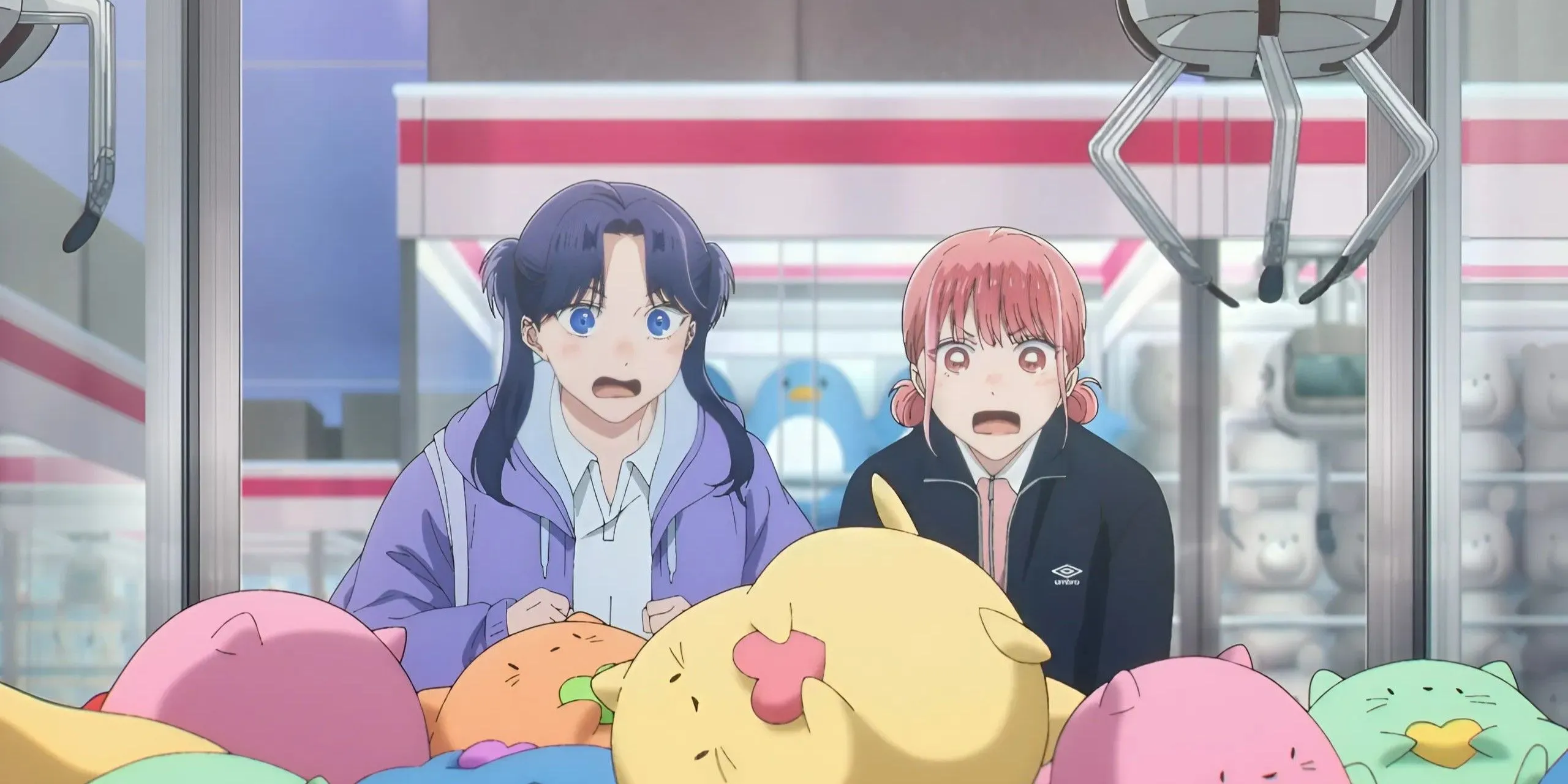
In a profound twist, Taiki’s rejection catalyzes a blossoming friendship between Hina and Ayame. In the episode titled “Even So,”we witness the pair share an uplifting day at the arcade, with Ayame’s efforts serving as a balm for Hina’s emotional wounds. This heartfelt sequence provides a sense of companionship that is crucial not just for Hina but also for viewers rooting for her throughout the season.
The Heart-Wrenching Impact of the Ending Theme
Emotional Resonance: “Ninjas Cutting Onions”Everywhere
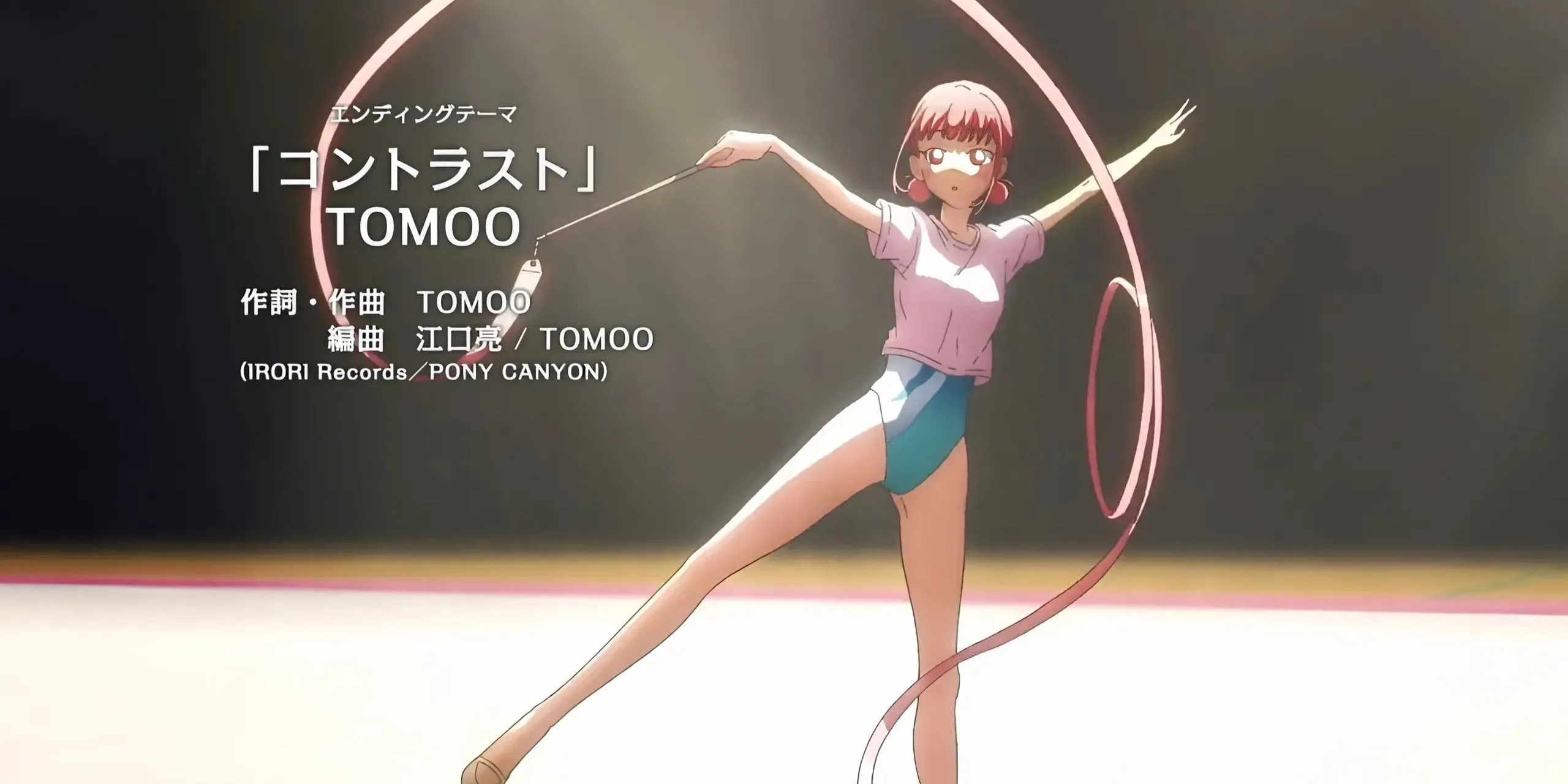
The poignant ending theme, “Contrast”by Tomoo, has been foreshadowing heart-wrenching revelations since episode 13. The theme poignantly encapsulates unrequited love, and its visuals, focusing solely on Hina, diverged from previous openings and credits featuring the trio of main characters. Lyrically, it delves into the bittersweet experience of being close to someone you love yet feeling distant, mirroring Hina’s emotional turmoil.
This ending theme, infused with a melancholic ambiance, starkly contrasts with the generally upbeat tones of *Blue Box*. While most musical scores throughout the series harness an energetic spirit reflecting its sports-centric themes, “Contrast”conveys a somber truth. Observing the series’ final episodes alongside this haunting melody amplifies the emotional impact, leaving viewers with a resonating sense of loss.
*Blue Box* is currently available for streaming on Netflix, with plans for a second season already in place, though the release date is yet to be announced.
